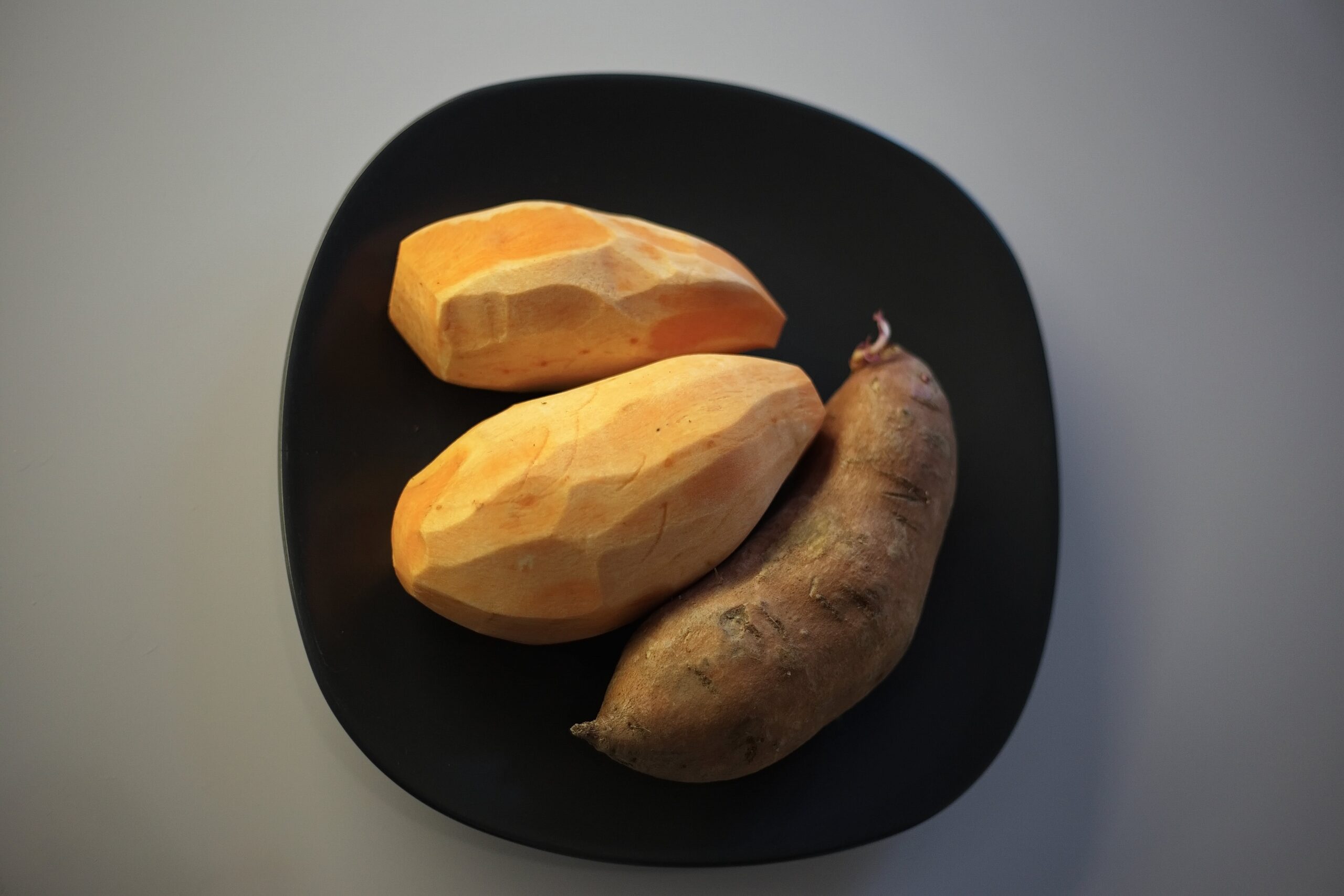Are the Foods You Are Eating Creating Longevity?
Category: Healthy Aging

Having worked at one time in a school cafeteria, I know how challenging this is. We had very little fresh fruit and vegetables available; everything came from a can or from a freezer. A lot of the food we prepared was dumped into the large cans designated to go to the local pig farm. (I often felt that I was preparing food each day for the pigs!) I did not blame the children for this; veggies from a can do not taste good! Anytime a school can access local farms for the products that can be served fresh that day can make a real difference in both nutrition and in tasting good.
We all know that poor eating habits lead to a less than healthy lifestyle. In 1900 our life expectancy was not even 50 years simply because of infections and diseases. Now, with those eliminated, our lives are simply shortened due to degenerative diseases such as heart disease, cancer, and stroke. Degenerative diseases are those diseases that develop with age. But did you know that over 60% of all deaths are diet-related? Simply put, that means that over 5 people in America die every 2 minutes from something that eating correctly could have prevented completely or at least put off into the future.
Simply by choosing the right foods that will help prevent those diseases and making sure we get enough nutrients into our diet each day, including fiber, carotenoids, antioxidants, specific vegetables ~ all protector foods ~ not junk food, fast food, and processed foods ~ can make a huge difference in the quality of our life (and life expectancy).
I loved the book, The Blue Zones Solution ~ Eating and Living Like the World’s Healthiest People by Dan Buettner, who reveals what the world’s longest-lived people have eaten over the past 100 years. He wrote this to help readers lead a healthier, more fulfilling life. I had the bounty of seeing him in person at a Shaklee convention and learned many tips about longevity. The book focuses on food because, as Buettner says, “food may be the best starting point for anyone seeking to emulate the health, longevity, and well-being found in the world’s Blue Zones.”
Interested in knowing what the best longevity foods are? Here is what Buettner revealed (and recommends at least 3 daily)
- Black beans, pinto beans, garbanzo beans, black-eyed peas, lentils)
- Greens (spinach, kale, chards, beet tops, fennel tops, collards)
- Sweet Potatoes
- Nuts (almonds, peanuts, walnuts, sunflower seeds, Brazil nuts, cashews)
- Olive Oil (green, extra-virgin is best)
- Oats (slow-cook or Irish steel-cut are best)
- Barley
- Fruits (all kinds)
- Green or Herbal teas
- Turmeric (spice or tea)
He listed the 4 best beverages as:
- Water
- Coffee
- Green Tea
- Red Wine (no more than 2 glasses daily)
His list of ffoods to minimize included:
- Meat (eat meat only 2 times per week or less; meat servings should be 2 oz. cooked or less; fine to eat up to 3 oz. of fish daily)
- Dairy such as cheese, cream, and butter (limit as much as possible; Goat’s and Sheep’s milk products are ok)
- Eggs (eat no more than 3 eggs per week)
- Sugar (limit as much as possible — opt for honey and fruit instead)
- Bread (OK to eat 100% whole wheat and true sourdough bread; look for sprouted grain bread, whole grain rye, or pumpernickel bread)
And those foods to avoid (but don’t deny a special treat now and then):
- Sugary beverages (sodas, boxed juices)
- Salty snacks (chips, crackers)
- Processed Meats (sausages, salami, bacon, lunch meats)
- Packaged sweets (cookies, candy bars)
I also enjoyed learning about his food guidelines:
- 95% of your food should be plant-based
- Eat your largest meal at breakfast, a mid-sized lunch, and small dinner
- Stop eating when you’re 80% full
- If you need to snack, make it a piece of fruit or handful of nuts
- Cook most of your meals at home and eat with friends and family as much as possible
We all have the choice each day when it comes to what we eat (except when we are children of course). We are in control of our own health. It is a big responsibility! As we honor National Nutrition Month in March it is a good reminder to us all to eat those “protector” foods each and every day. For myself, I have also added these nutritional supplements as well. For some great tips on how to choose a good food supplement, go here



Facebook Comments